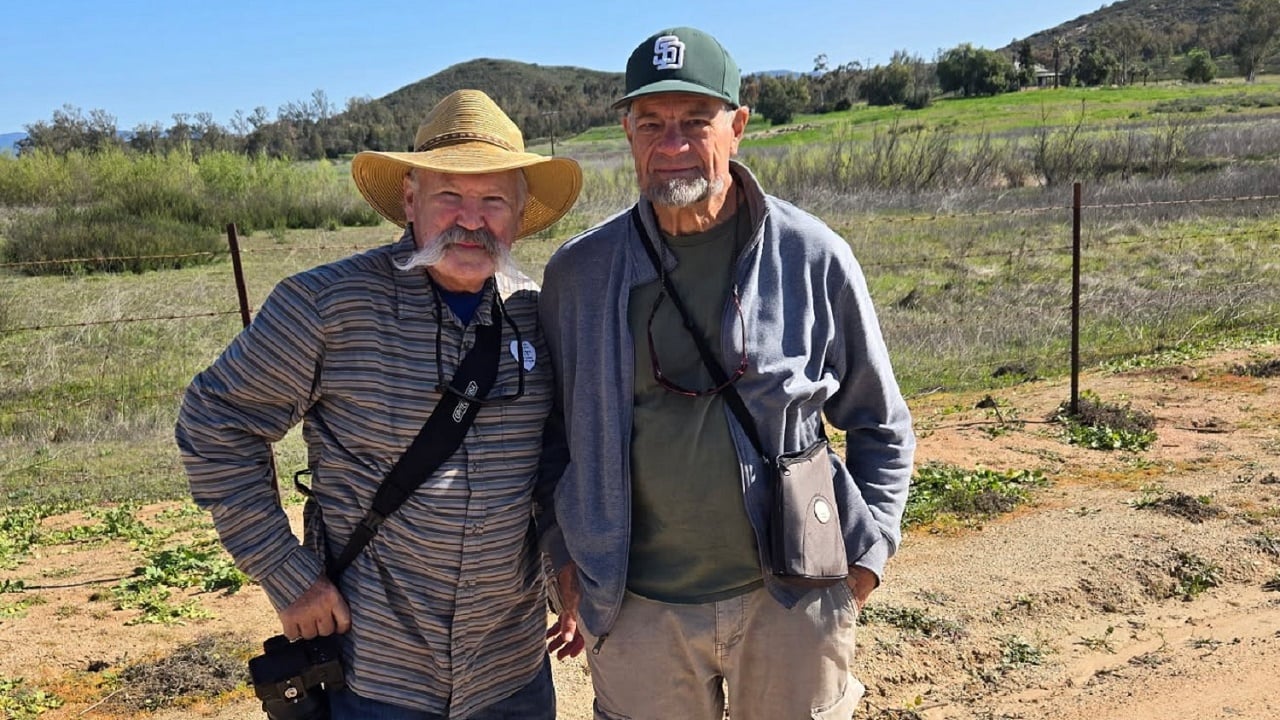Liver Transplant Process
A liver transplant is a surgical procedure that replaces a diseased or injured liver with a healthy liver from a deceased donor or part of a liver from a living donor.
Feel confident choosing UC San Diego Health's liver transplantation program because the region's top transplant surgeons care for you from before your transplant through recovery. We are known for outstanding patient care and chronic liver disease research.
Candidates for Liver Transplant
The liver is the largest internal organ and has multiple functions necessary for sustaining life. It plays a crucial role in glucose metabolism, filtering blood, detoxifying drugs and alcohol, storing vitamins and producing bile for fat digestion.
Liver transplantation may be recommended if you have acute or chronic conditions resulting in irreversible liver failure or end-stage liver disease (ESLD). Conditions that can lead to end-stage liver disease include:
- Cirrhosis (most common cause)
- Acute hepatic necrosis
- Autoimmune hepatitis
- Biliary atresia
- Hepatitis B or hepatitis C
- Liver cancer
- Metabolic disease
- Nonalcoholic steatohepatitis (NASH)
Note: A liver transplantation may not be possible for individuals with metastatic cancer, recurring infection, active drug or alcohol use and severe cardiac or other medical problems.
Health Screening Before Transplant
The first step in the transplant process is talking with your doctor. Once your doctor refers you to our liver transplant program, our team can begin working with you. You may undergo a variety of lab tests and diagnostic imaging.
It's important that you have a care partner who can provide support, transport you to your clinic visits, and receive the necessary information about your continued care.
Getting on the National Liver Transplant Waitlist
If you're accepted as a transplant candidate after a comprehensive evaluation by our specialists, you'll be placed on the national liver transplant waiting list.
A donor is matched based on compatible blood type and similarly sized liver. The United Network for Organ Sharing (UNOS) oversees the allocation of donor organs using the model for end-stage liver disease (MELD), a system that assesses the severity of chronic liver disease by examining renal function, bilirubin and coagulation.
Our surgeons will then determine which organ is suitable to achieve your best long-term outcome.
Staying Well for Surgery
It is critical to stay as healthy as possible before liver transplant surgery to ensure that transplantation is successful. Our expert team will support your daily efforts to maintain optimal wellness.
A donor liver can become available at any time, day or night. Our team will help you put a plan in place so that you can respond quickly and arrive at the hospital prepared.
Paying for Your Transplant
Rely on our financial coordinator to help you with every financial aspect of your transplant surgery. UC San Diego Health accepts most major insurance plans for transplant services.
Surgery Process
The average operating time for a liver transplantation procedure is four to eight hours. After surgery, our transplant team will monitor you carefully for signs of rejection. During this time, our team will guide you on continuing your care at home.
- Liver transplant coordinators are registered nurses and nurse practitioners involved in your care before, during and after transplantation. They discuss any questions or concerns with you throughout the process and coordinate your pre- and post-transplant care.
- Liver transplant financial coordinators are your primary contacts for insurance and financial issues related to organ transplantation.
- Liver transplant social workers are here to help you handle challenges throughout the transplantation process. They can help with issues regarding housing, employment, relocation, transportation and community support.
- Liver transplant dieticians are trained to understand the nutritional needs of our patients with liver disease and liver transplants. They help you create a meal plan and understand food choices that provide the greatest nutritional benefit.
- Transplant pharmacists have specialized training and experience with transplant medications. They help monitor your medication needs and will provide information about your medications throughout the transplant process.
Post-Surgery Follow-Up Care
Preventing infection and the rejection of the transplanted organ is essential to the healing process. You will need to take anti-rejection medications for the rest of your life to help the new liver function in your body. Your quality of life usually improves dramatically after liver transplant surgery, and most people lead healthy, normal lives.
Resuming normal activities may take up to a year. Most patients can participate in fairly vigorous physical exercise 6–12 months after successful surgery. We will support you before and after surgery.
Classes & Support Groups for Liver Transplant Patients
Join our complimentary classes and/or support groups to learn about the liver transplant process, ask questions and share your experiences with other transplant patients.
Living Liver Donation
Donating your liver to someone in need is a lifesaving act. Unlike other organs, the liver can regenerate and grow back to normal size. All potential donors are medically screened to protect their health and safety. We are skilled in the complex care of living liver donors. Discover more about living kidney donation at UC San Diego Health.
Our Specialists
Kidney Transplant Locations
Support Our Patient Assistance Fund
Donations are vital in helping liver transplant recipients and living liver donors, as well as their families. Your financial gift is deeply appreciated! Give now to:


